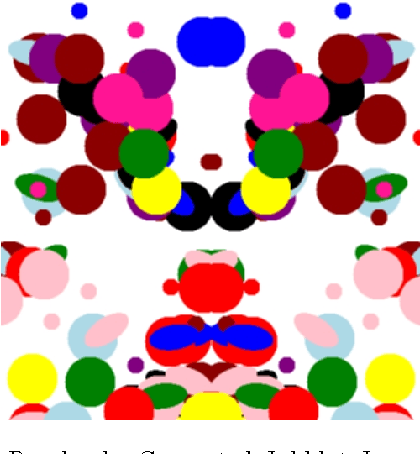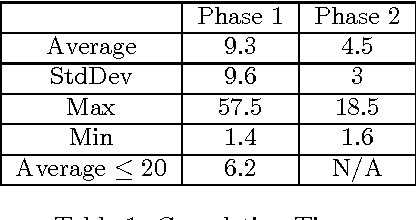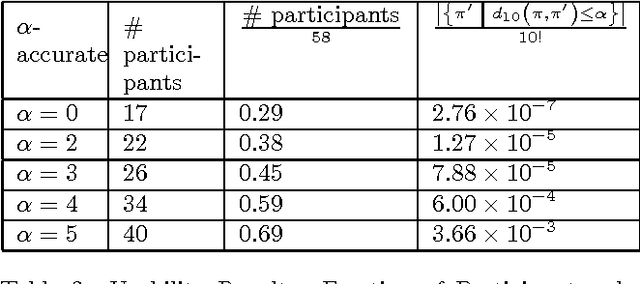Jeremiah Blocki
Differentially-Private Sublinear-Time Clustering
Dec 27, 2021Abstract:Clustering is an essential primitive in unsupervised machine learning. We bring forth the problem of sublinear-time differentially-private clustering as a natural and well-motivated direction of research. We combine the $k$-means and $k$-median sublinear-time results of Mishra et al. (SODA, 2001) and of Czumaj and Sohler (Rand. Struct. and Algorithms, 2007) with recent results on private clustering of Balcan et al. (ICML 2017), Gupta et al. (SODA, 2010) and Ghazi et al. (NeurIPS, 2020) to obtain sublinear-time private $k$-means and $k$-median algorithms via subsampling. We also investigate the privacy benefits of subsampling for group privacy.
GOTCHA Password Hackers!
Oct 04, 2013


Abstract:We introduce GOTCHAs (Generating panOptic Turing Tests to Tell Computers and Humans Apart) as a way of preventing automated offline dictionary attacks against user selected passwords. A GOTCHA is a randomized puzzle generation protocol, which involves interaction between a computer and a human. Informally, a GOTCHA should satisfy two key properties: (1) The puzzles are easy for the human to solve. (2) The puzzles are hard for a computer to solve even if it has the random bits used by the computer to generate the final puzzle --- unlike a CAPTCHA. Our main theorem demonstrates that GOTCHAs can be used to mitigate the threat of offline dictionary attacks against passwords by ensuring that a password cracker must receive constant feedback from a human being while mounting an attack. Finally, we provide a candidate construction of GOTCHAs based on Inkblot images. Our construction relies on the usability assumption that users can recognize the phrases that they originally used to describe each Inkblot image --- a much weaker usability assumption than previous password systems based on Inkblots which required users to recall their phrase exactly. We conduct a user study to evaluate the usability of our GOTCHA construction. We also generate a GOTCHA challenge where we encourage artificial intelligence and security researchers to try to crack several passwords protected with our scheme.
 Add to Chrome
Add to Chrome Add to Firefox
Add to Firefox Add to Edge
Add to Edge